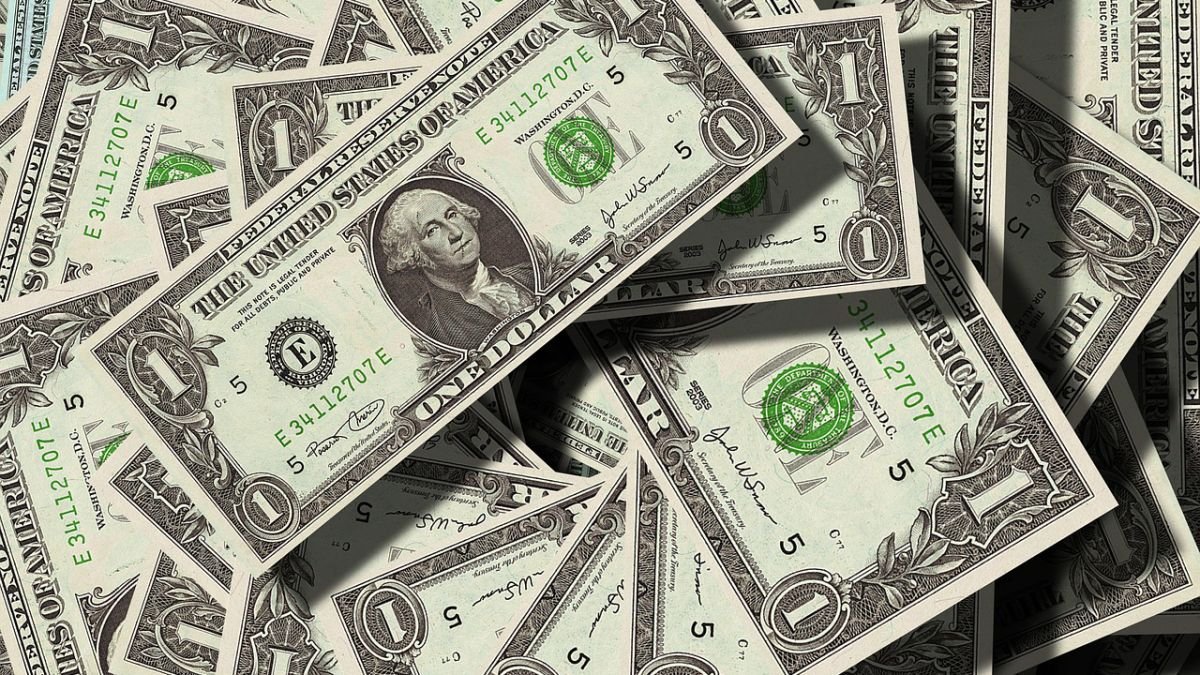

Concerned about the rise of cryptocurrencies, lawmakers in the US Congress are pushing to start testing a digital dollar, something that is being tested in other countries.
The Electronic Currency and Secure Hardware (ECASH) Act, introduced by Rep. Stephen Lynch (D-MA), directs the US Treasury to begin testing a digital US dollar.
Of course, the chances of the bill passing are low, especially given the inactivity of Congress, but it shows a growing acceptance that cryptocurrencies are here to stay and that the US should consider its options.
“As digital currency and payment technologies continue to develop rapidly, and Russia, China, and more than 90 countries around the world are already researching and launching some form of central bank digital currency, it is absolutely essential that the United States continue to being a world leader in the development and regulation of digital currency and other digital assets,” said Representative Lynch.
The ECASH Act is co-sponsored by Representatives Jesús García (D-IL), Rashida Tlaib (D-MI), Ayanna Pressley (D-MA), and Alma Adams (D-NC), meaning no Republicans have supported the bill. Of law. how are the things going.
The rise of digital currencies
The cryptocurrency that went mainstream in the past two years has many lawmakers, central banks, and regulators around the world scratching their heads.
China, for example, has extensively tested its e-CNY, a digital version of the yuan, even making it one of the accepted payment methods at the Beijing Olympics. Switzerland is also mobilizing for interbank transfers.
According to the Atlantic Council, which tracks the progress of digital currencies around the world, about 40 countries are in the research stage, nine have launched a currency, 15 are testing one, and 16 are developing one.
How all of these tests actually work remains to be seen, but the fact that so many countries also feel the need for them is interesting, especially given the growing demand for cryptocurrencies.